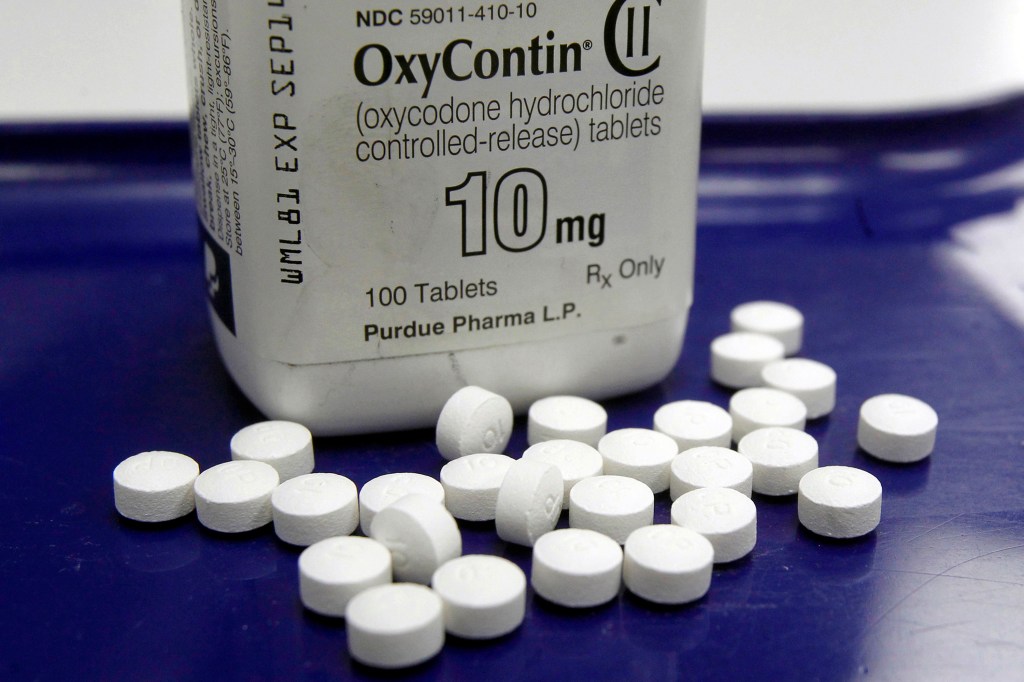MHCNCA to host opioid summit
Published 9:00 am Wednesday, July 10, 2019

- This Feb. 19, 2013, file photo shows OxyContin pills arranged for a photo at a pharmacy, in Montpelier, Vermont.
If the numbers are to be believed, the opioid epidemic in Alabama and nationally has reached staggering proportions.
In 2016, there were 343 opioid-related overdose deaths in Alabama. In 2013, 141.1 opioid prescriptions were written for every 100 persons for a total of 6.8 million prescriptions. That number was also the highest prescribing rate in the country and almost twice as many as the U.S. average rate of 79.3 prescriptions.
According to the U.S. Center for Disease Control and Prevention, more than 130 people die each day in the United States after overdosing on opioids. In 2017, there were 70,237 drug overdose deaths in the U.S. and more than 47,000 of those were as a result of an opioids, heroin or fentanyl, a powerful synthetic opioid.
The CDC estimates the economic burden of prescription opioid misuse is $78.5 billion per year, including the cost of health care, lost productivity, addiction treatment and criminal justice involvement.
In an effort to educate the public about the toll of opioid addiction, the Mental Health Center of North Central Alabama is hosting an opioid summit from 9 a.m. to noon Tuesday at the Alabama Center for the Arts, 133 2nd Ave. Decatur. Check-in and registration begins at 8:15 a.m.
It’s the second time the MHCNCA has hosted the summit, which will feature presentations from Circuit Court Judge Charles Elliott, Alabama District Attorneys Association Executive Director Barry Matson and State Opioid Coordinator Kathy House from the state Department of Mental Health.
Lisa Coleman, executive director of the MHCNCA, said the center established an opioid advisory committee in 2017 after receiving a grant from the state Department of Mental Health to address the opioid epidemic in north-central Alabama. After receiving the grant, the MHCNCA began providing opioid prevention and education services for the region, with the summit being a component of those efforts.
“The Mental Health Center is fortunate that the grant was renewed in 2018,” she said. “It allows us the ability to continue providing opioid prevention services and the opioid summit at no cost to the community.”
Michele Moore, prevention director for the MHCNCA, explained the summit is about learning how state and local entities are addressing the opioid crisis and what members of the community can do to help.
“There has already been a huge push to reduce opioid usage locally and across the state,” she said. “We are very fortunate to have the presenters that we do – it really shows how committed our local and state leadership is to reducing opioid usage.”





